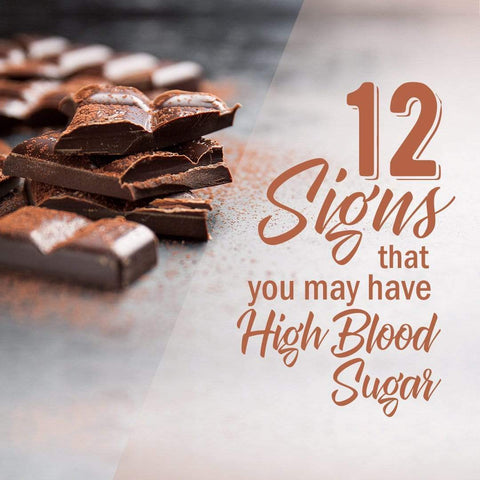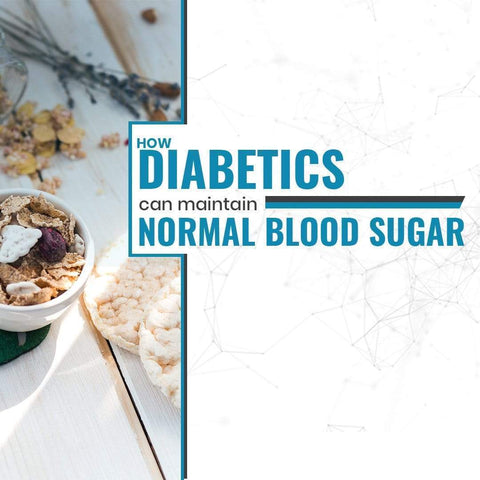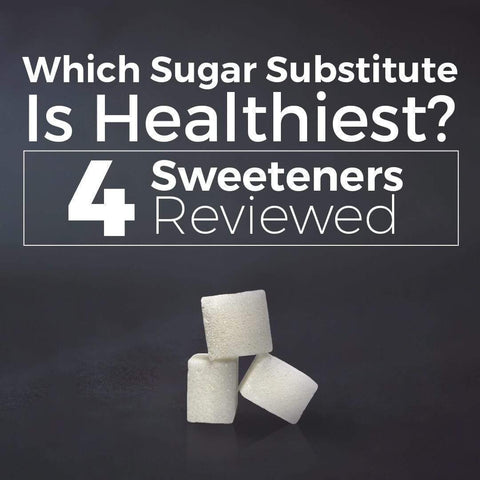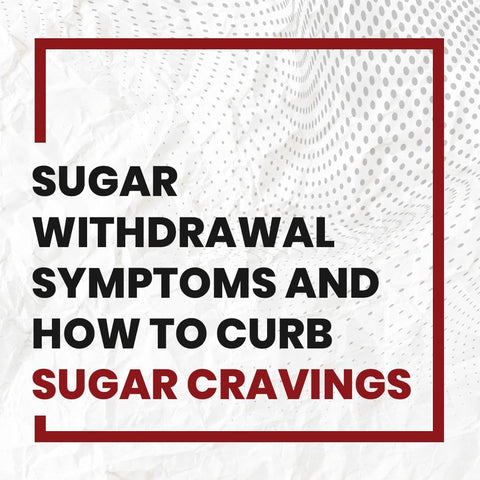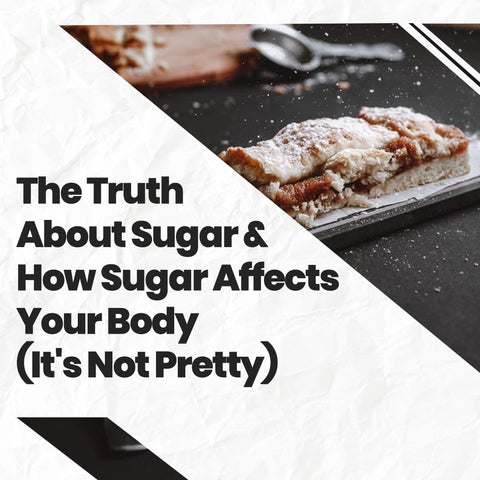
When you go to your local coffee shop and get your regular drink order, how is it sweetened?
Is it with artificial sweetener, natural sweetener, or regular sugar?
Have you been told that a sweetener is a healthier, lower-calorie choice? That may be true … but it may not be. Let’s discuss 4 different types of sweeteners and how they can affect your health.
Sweetener #1 - Aspartame
Aspartame is a well-known artificial sweetener. It is one of the ingredients in the ever-popular Splenda brand of sugar substitutes.
Aspartame is low in calories, but up to 200 times sweeter than sugar. Aspartame is commonly found in breakfast cereal, sugar-free chewing gum, diet soft drinks, and table-top sweeteners. 1
Sweetener #2 - Sucralose

Sucralose is the other ingredient found in Splenda. It contains zero calories, but it is up to 650 times sweeter than sugar. It is derived from a sugar called sucrose and can be found in breakfast cereal, sugar-free chewing gum, diet soda, table-top sweeteners, baking mixes, and salad dressings.
Since sucralose is so incredibly sweet, it is often combined with other sweeteners such as dextrose or maltodextrin. These other sweeteners may help to dilute the intensely sweet taste of sucralose.However, they are not necessarily calorie free. This defeats the purpose of using a calorie-free sweetener in the first place! 2
Sweetener #3 - Stevia
Stevia is derived from purified extracts of the stevia plant leaves. These extracts are called steviol glycosides and are 200-300 times sweeter than sugar. Stevia has no calories, though it is often mixed with other artificial sweeteners for texture and to mask its aftertaste, which can be bitter.
Stevia has been used as a sweetener in Asia and South America for many years. It is most often used in diet soda, hot beverages, jams, flavored milk, dairy products, cakes, desserts, and even alcohol. 3
Sweetener #4 - Monkfruit
Never heard of it, I bet.
Monkfruit is also called luo han guo or swingle. It is native to China, Thailand, and other regions of southeast Asia. It is actually a plant that grows on a vine and looks similar to a gourd. Its name comes from the fact that 13th century monks were the first to cultivate it.
Monkfruit extract contains mongrosides, which are incredibly sweet. In fact, monkfruit is approximately 150-200 times sweeter than sugar. Monkfruit has no calories and no harmful side effects. However, it is often combined with different sugars in order to balance out its intense sweetness.
Monkfruit comes in granules, powders, and liquid form. It is convenient because it can easily be taken with you as you go about your day. Mongrosides also contain antioxidants, providing additional health benefits.
The downside of monkfruit is that it is on the more expensive side. This is due to the fact that monkfruit is difficult to grow, costly to export, and not as easily available as most other sweeteners.
The taste of monkfruit is not quite as pleasant as sugar, and people can find it off-putting. This is why many manufacturers combine monkfruit with dextrose or maltodextrin. However, when they do this, they are changing the nutritional profile of the sweetener entirely.4
How Do Sweeteners Affect Weight Loss?

Most people make the switch from sugar to sweeteners in an effort to be more health conscious and lose weight. But it turns out that artificial sweeteners can actually do quite the opposite!
Artificial sweeteners can lead to weight gain via a few different mechanisms. First, artificial sweeteners can alter your gut bacteria for the worse. Having the right balance of gut bacteria is crucial to weight management. 5
Another way that artificial sweeteners lead to weight gain is psychological. Many people who use artificial sweeteners can end up replacing the calories with other foods.
For example, I once had a co-worker who would drink diet soda instead of regular soda “so that she could eat a slice of cake.” If you’re going to do this, then you are not really losing any calories in the diet. You’re just replacing them with a different source!
Artificial sweeteners can also cause us to gain weight because they can actually change the way we taste food. As you can see above, sweeteners are far more potent than table sugar or even high fructose corn syrup.
All you need is a small amount of sweetener to get an extremely sweet taste. If you are consuming artificial sweeteners on a regular basis, you may be overstimulating your sugar receptors.
This can limit your tolerance for other more complex and nutritious tastes. Foods that are naturally sweet, such as fruit, may not even be sweet enough for your palate. And what would you think of foods that are not sweet, such as vegetables? You might not be able to stand them at all. 6
How Do Sweeteners Affect Diabetes?

Diabetes is characterized by a dysregulation of blood sugar, so sweeteners should be a good replacement for sugar, right? Not necessarily.
Artificial sweeteners are counterintuitive. Research has shown that along with an increase of artificial sweetener use comes an increase in diabetes cases in the population. This happens because your body’s response to artificial sweeteners is different from its response to regular sugar.
Artificial sugar interferes with taste cues to your brain. You haven’t quite tasted enough real sugar, so your brain will send signals telling you to eat more, especially sweet foods.
A study performed in 2016 found that participants of regular weight who ate more artificial sweeteners were at higher risk of getting diabetes than those who were overweight or obese.
As we mentioned earlier, artificial sweeteners can change your gut bacteria. This can actually lead to glucose intolerance, which is the first step to type II diabetes. 7
The Bottom Line
If something sounds too good to be true, it probably is. If you hear that a sweetener has zero calories, don’t assume this means it won’t affect your blood sugar or insulin. And don’t forget about all the other side effects it can have.
Stick to natural sweeteners like stevia and monkfruit or, better yet, cut out the sweeteners and sugar altogether.
Struggling To Lose Weight?
Have your weight loss results plateaued or have you gained weight even though you’re not over eating?
These can be a sign of having too much of the sugar-hungry hormone Insulin in your body.
And what’s worse, this hormone tells your body to actively ACCUMULATE and STORE fat!
The good news is that there’s a wide range of natural ways to control your blood sugar (and in turn insulin). These herbs and natural remedies have been used successfully and effectively for thousands of years!
In his new report, nutritionist Evan Burns, reveals 13 rarely used tricks to naturally curb the #1 Fat Producing Hormone so you can start losing weight today.
It’s yours FREE for a limited time





